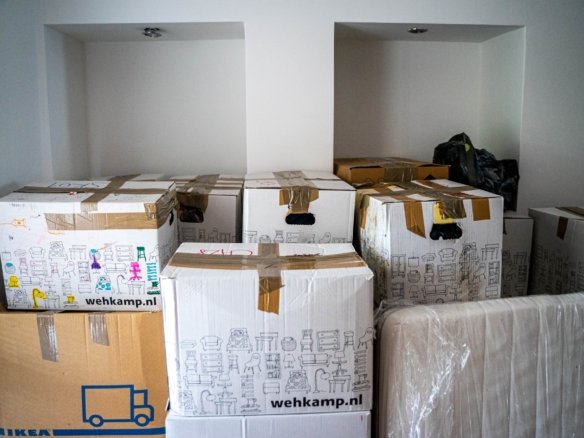There are always at least one or two residents who seem to struggle each month to get their rental payments in on time. Late payments can create extra work for management and delay payouts for owners. Keeping on top of receivables is a key function for any good manager. The first step to keeping receivables is to have a clear and concise written rent collection policy, and to share this policy with each resident at move in. Your rent collection policy should include the following key elements:
- When is rent due
- How can rent payments be made (where to mail/pay online/in person)
- When will a late fee be applied and how is late fee assessed- be sure you are in compliance with presiding laws
- Whether you offer a discount for early payment (e.g. $5) – that can help ensure you get all the rent on the first of the month
- What happens if rent is not received; demand notice/court filing etc.
- How legal fees are assessed- consult your atty to be sure you are in compliance with state laws
Once your rent collection policy is established, consistency in enforcement is your key to success. Many property management software programs enable managers to send automated reminders, delinquency notices and demand notices, making this process more streamlined. The biggest issues we have seen is when properties transition between owners/managers thru sale or change in management; it’s imperative to get detailed account information, including resident ledgers and security deposit accounting prior to transition, without the detail on the balances, they will be close to impossible to collect. Having previous payment information will also show you what the tenants payment history has been and who you will likely have issues with going forward.
Once tenants know that they will regularly receive delinquent notices, late fees and be filed on for rent payments not received, receivables will show a marked improvement.




